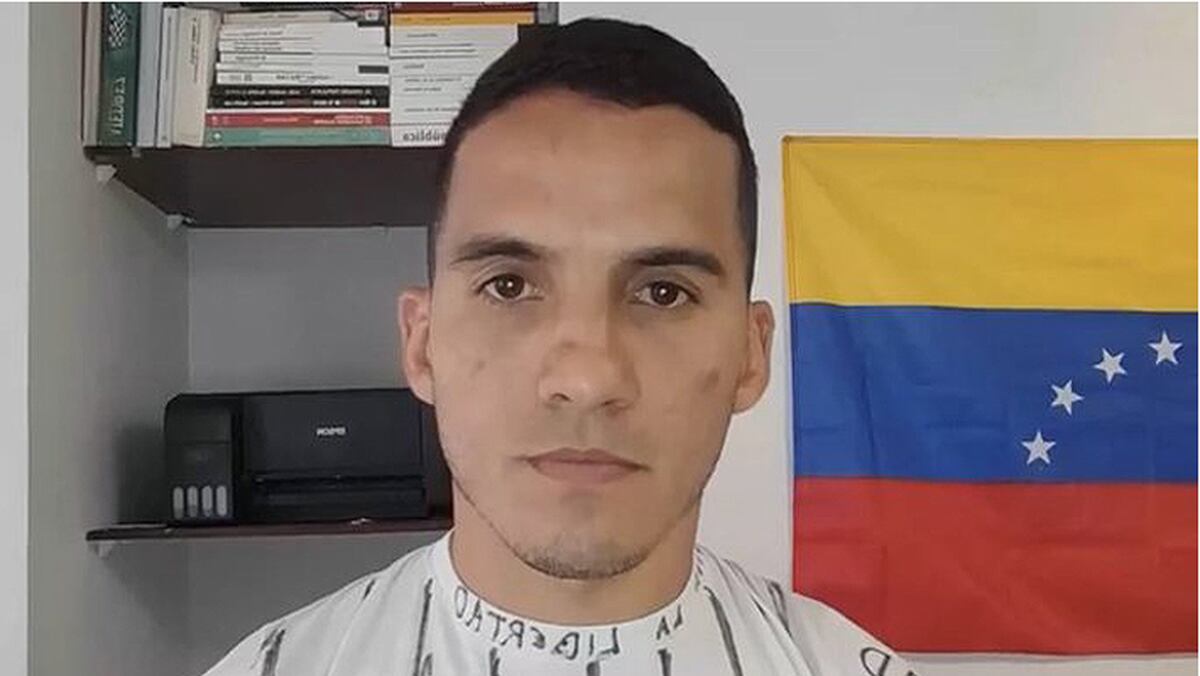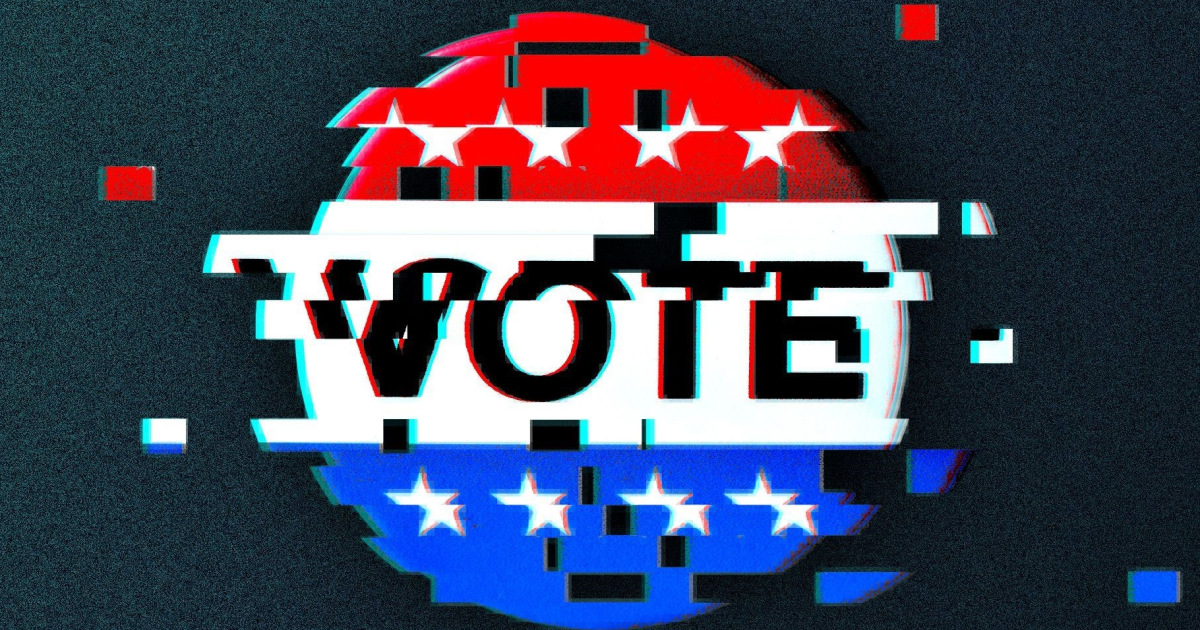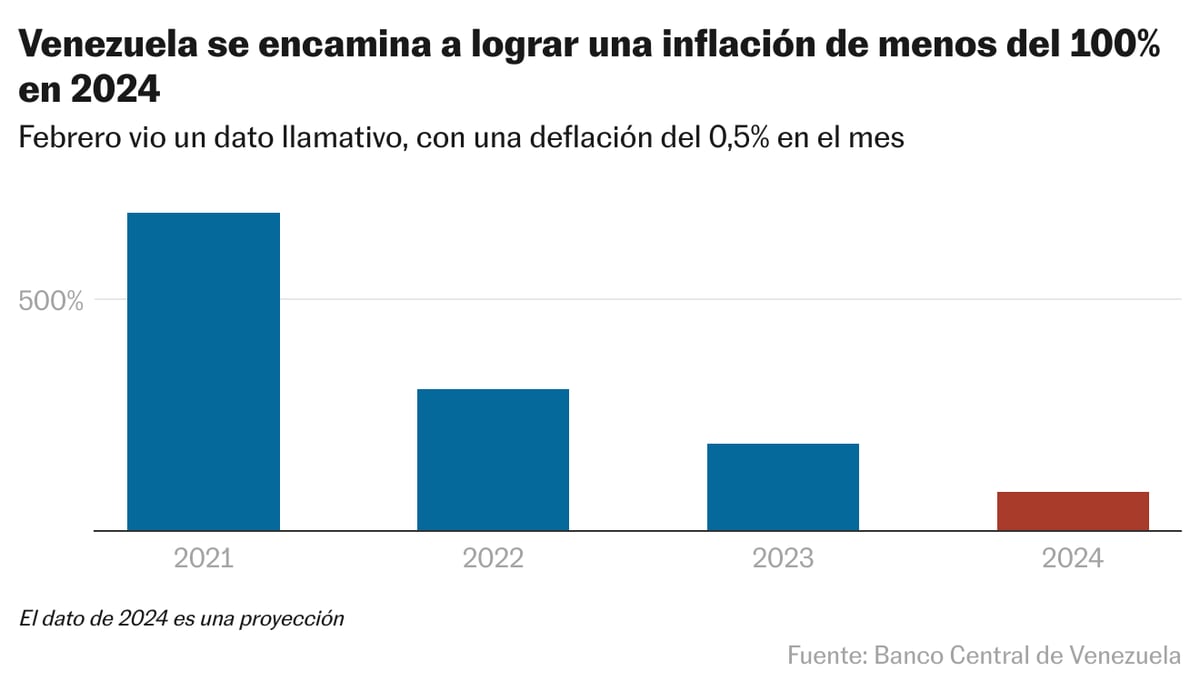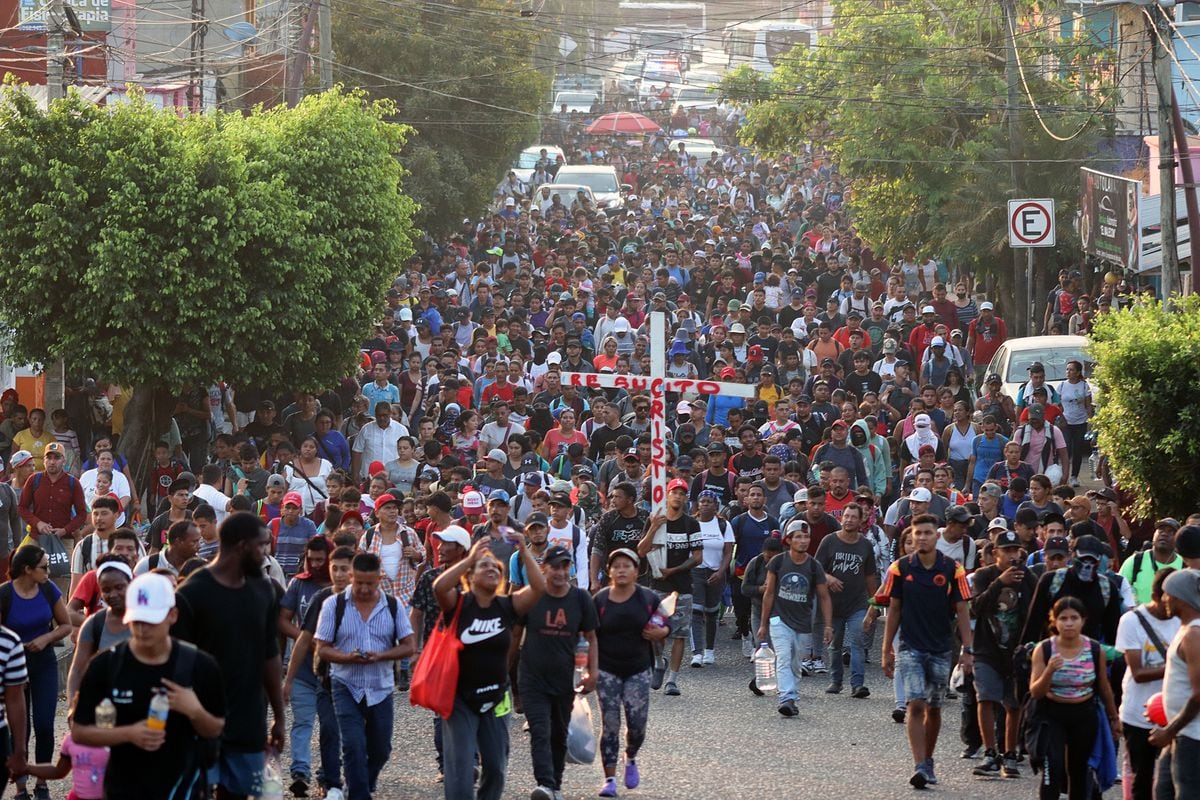Members of the Bolivarian National Police patrol a neighborhood in Caracas, Venezuela.Rodrigo Abd / AP
The Venezuelan exodus and the ravages of the economic crisis have generated in the country a paradoxical collateral phenomenon: a notorious decrease in the levels of citizen insecurity and homicides, traditionally one of the most prolonged headaches of society and the State.
It is the first time this has happened since 1989.
In a country where there are problems with fuel and not too many people are encouraged to circulate at night, the Venezuelan Violence Observatory recorded 11,891 homicides in 2020, 50% less than in 2018, in which 23,000 were registered, and which was then a of the highest rates in the world.
According to the OVV, the crime rate in Venezuela has experienced a progressive decline since 2017. The 2020 level, still very serious, would be 45 deaths per 100,000 inhabitants.
In 2018, the average was 91.
The data from the Venezuelan Observatory of Violence are a guiding light to understand the evolution of this disease.
For several years, the Government of Nicolás Maduro has not provided data on crime levels, has kept information sources closed and has imposed censorship on the mass media.
The withdrawal of the pressure of the underworld and its modalities is a circumstance that, with all its counterpoints, is felt in the streets.
Experts attribute it to two causes.
The first has been the massive diaspora of citizens, which has made possible the transfer of crime niches to neighboring countries such as Colombia and Peru - this being the first time in national history that a massive migratory flow has occurred in the poorest layers of the population.
The second cause has been the onslaught of the Chavista regime's police forces after years of indulgence, through initiatives such as the Operation for the Liberation of the People and the procedures of the Special Action Forces, FAES, Elite Police Unit Bolivarian National.
In these confrontations, many people who were later registered under the generic police label of "resistance to authority" have been murdered.
In its annual report, the Observatory of Violence establishes that, of the total of 11 thousand homicides in 2020, 4,000 were committed by the Police and the National Guard themselves in this particular limbo in which they enter, according to what it maintains. the UN High Commissioner, Michelle Bachelet and many NGOs, guilty and innocent.
“Since 2016 there has been an increase in police fatality in relation to the total deaths caused by criminals,” says the 2020 OVV report.
"Since then, every year there are more victims for having resisted authority than for homicides of any kind."
The Observatory also establishes that “massive emigration has caused a demographic change that has altered the country's population base (…) The destruction of the economy and jobs, as well as massive emigration, emptied the cities and restricted opportunities for the crime".
The criminologist and specialist Luis Izquiel accepts the decrease in the feeling of insecurity, especially in the cities, and attributes it, among other reasons, to "the sharp decline in express kidnapping that traditionally hit the middle class."
Izquiel believes that the reduction of the underworld is a collateral consequence of the destruction of the economy, a reason that “has made crime a less profitable activity.
Criminals prefer to select victims with more time, locating specific people, with large amounts.
The incidents on the streets are now less.
Small gangs have been greatly weakened and that has strengthened organized crime ”.
"The serious thing here is that the percentage of homicides of citizens at the hands of the police is increasing since 2016," says Keymer Ávila, a professor at the Institute of Criminal Sciences of the Central University of Venezuela and a social activist, who points out that this trend It began in 2013 - the first of Nicolás Maduro in government - and has experienced two great leaps in 2016 and 2018.
The underworld in Venezuela was a minor problem until the late 1980s.
It began to progressively worsen since then, and experienced a powerful strengthening as of 1999, the year in which Hugo Chávez came to power.
Until his death in 2013, Chávez was reprimanded on many occasions for his permissive attitude and his reluctance to suppress crime using State force in the poorest areas of the country.
Since he came to power, without formally announcing it, Maduro has proceeded in the opposite direction: he has invested a lot of money in equipping the military and police force, and has decided to fight a network strengthened in the years of Chavismo, which has come to challenge the authority of the state.
"From 2010 to 2018, 23,000 people have died at the hands of the security force," says Ávila.
“69% of these cases occurred between 2016 and 2018. The average is 19 deaths per 100,000 inhabitants, a record that is higher than the single homicide rate of any country in the world.
One out of every three homicides in Venezuela is a consequence of the intervention of the security forces ”.

/cloudfront-eu-central-1.images.arcpublishing.com/prisa/A2576YCNAVCMNBSZOWP3CIOPDU.jpg)
/cloudfront-eu-central-1.images.arcpublishing.com/prisa/IF24TOV3MFHHROUE2LMCLODXWI.jpg)




/cloudfront-eu-central-1.images.arcpublishing.com/prisa/XCA4CVL2DZHTHIBQ6Q2XMP2JGY.jpg)






